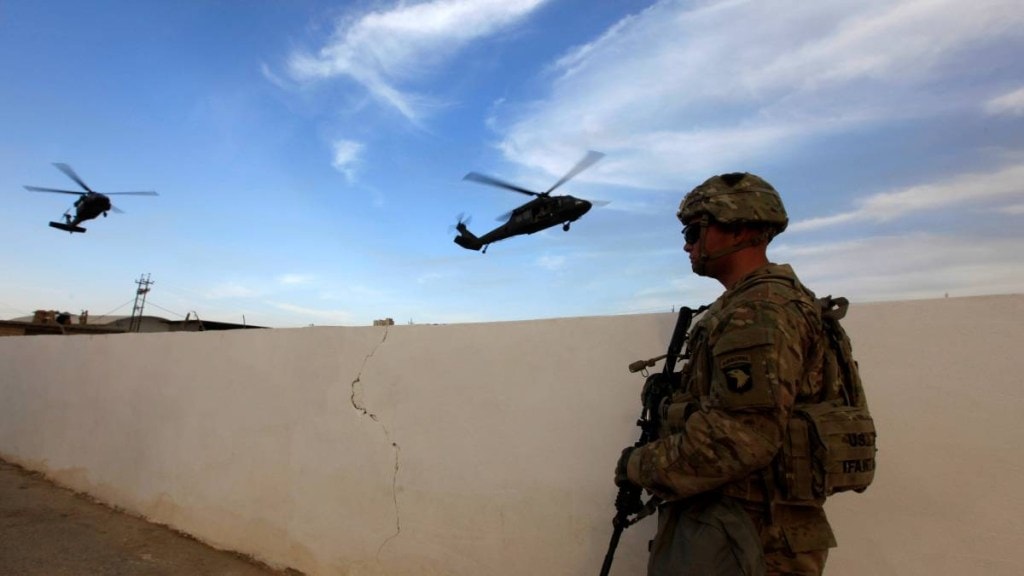India has initiated a strategic response to China’s renaming of places in Arunachal Pradesh by planning to rename over two dozen places in Tibet. This move comes as part of a broader effort to counteract China’s territorial claims and assert India’s own historical and geographical narratives.
Sharing his views with Financial Express Online, Maj Gen (Dr) Ashok Kumar, VSM (Retd), Kargil War Veteran, Defence and Media Analyst, emphasized that China’s actions are part of a broader pattern of untrustworthy behaviour and territorial aggression. He highlighted the importance of India taking assertive actions to counter China’s moves. “The Chinese have never been a trustworthy nation. Not only that, they are experts in backstabbing which they did with multiple nations. They did the same with India in 1962 despite signing Panchsheel in 1954 and raising the bogey of Hindi- Chini Bhai Bhai. In fact, they always succumb to the countries who respond to them with strength irrespective of the size of the opposing country. Russia and Vietnam are two such examples which standout in showing the Chinese their place,” said Gen Kumar.
Context and Background
Financial Express Online has reported previously that China has renamed places in Arunachal Pradesh several times, referring to the region as “Zangnan” or “southern Tibet.” In March 2024, China released its fourth list of “standardized” names for 30 locations in Arunachal Pradesh, which includes residential areas, mountains, rivers, and lakes. This action is part of China’s ongoing effort to strengthen its claim over the northeastern Indian state.
In response, India has decided to rename places in China’s Tibet Autonomous Region. And, the Indian Army has also actively debunked the Chinese names for places in Arunachal Pradesh.
Strategic Response
A list of more than 30 places in Tibet to be renamed, reclaiming their ancient names from historical records in Indian languages has been prepared. This list is expected to be released soon in an effort to counter China’s claims on Arunachal Pradesh and other disputed border areas.
The renaming of Tibetan places is seen as a tit-for-tat measure to respond to China’s unilateral actions. Indian officials, speaking anonymously, have emphasized that the new names are based on thorough historical research, aiming to provide a strong counter-narrative to Chinese territorial claims.
Diplomatic and Political Reactions
India has consistently rejected China’s renaming of places in Arunachal Pradesh, asserting that the state is an integral part of India and that such actions by China do not alter this reality. As reported previously, in 2023, the then Ministry of External Affairs spokesperson Arindam Bagchi stated during a weekly briefing, “Arunachal Pradesh is, has been, and will always be an integral and inalienable part of India. Attempts to assign invented names will not alter this reality.”
External Affairs Minister S Jaishankar also dismissed China’s claims on Arunachal Pradesh as “ludicrous,” emphasizing that the state is a natural part of India. He highlighted that China’s actions are part of a broader pattern of territorial expansion and that India’s stance remains firm and consistent.
Additional Insights from Maj Gen Ashok Kumar
Maj Gen Kumar noted that China has been causing problems for India since its inception, with instances of aggression and transgressions in regions like Eastern Ladakh. He highlighted China’s practice of “cartographic aggression,” publishing maps that show Indian territories as part of China.
Regarding the renaming strategy, Gen Kumar stressed the importance of India taking assertive actions. He stated, “The time has come to be realistic. Unless we have our own names for places in Aksai Chin, Shaksgam Valley, Gilgit-Baltistan, and the rest of Pakistan-occupied Kashmir (PoK), our claims will remain compromised. Renaming places in Tibet, especially those with historical significance, will be a strong move to assert our position.”
He further added, “If India undertakes such steps, it will be something which will really reflect the true power of the Indian nation fully ready to play its role on the global stage.”
India’s decision to rename places in Tibet represents a significant shift in its strategy to counter China’s territorial claims. By reclaiming historical names and challenging China’s unilateral actions, India aims to assert its own narratives and strengthen its position on the global stage.

